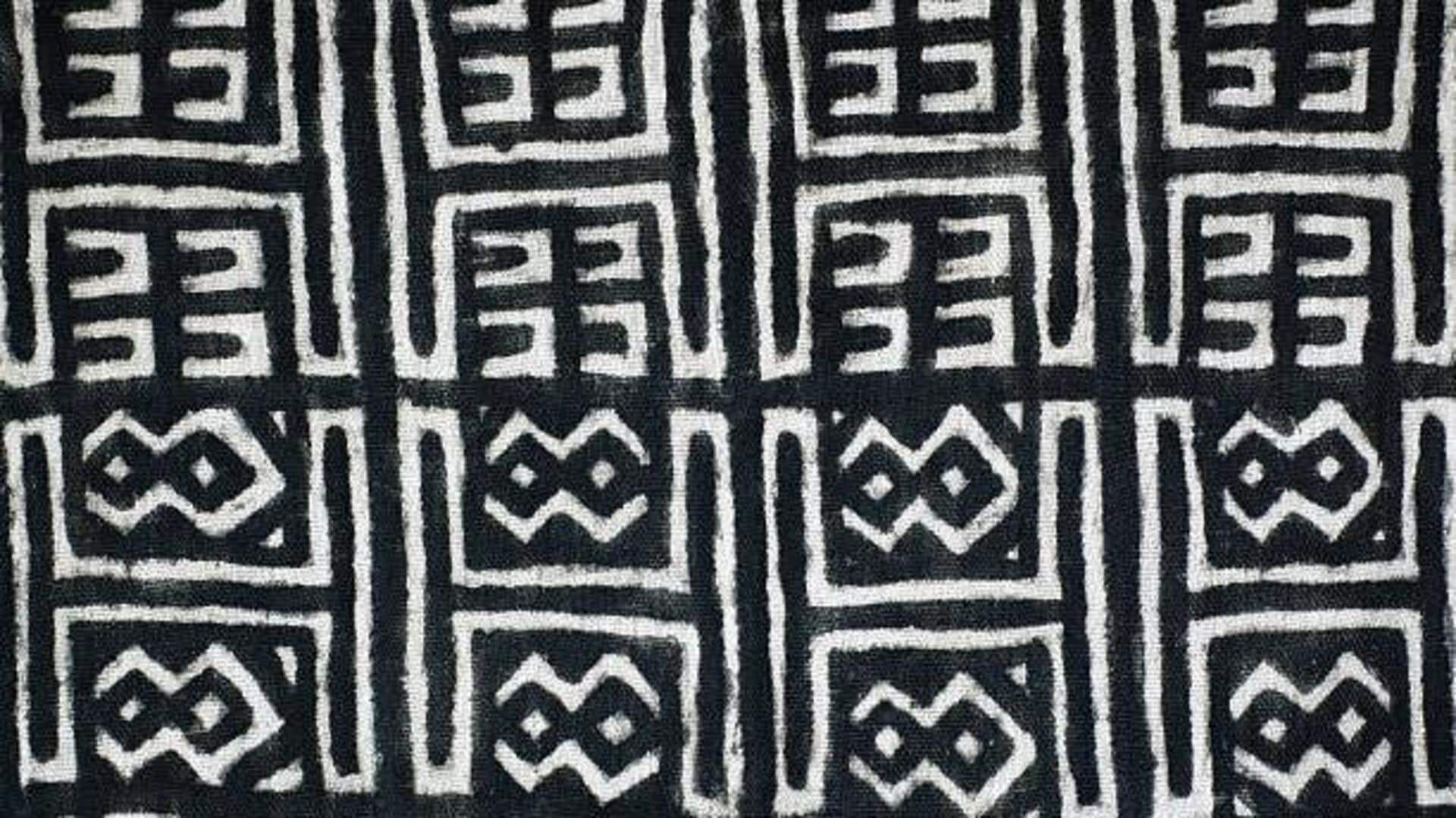
All about mud painting
What's the story
African mud painting or bogolanfini is a traditional art form that employs natural materials to create intricate designs. This West African technique uses fermented mud and plant dyes on cloth. The process not only gives the stunning artwork but also narrates stories of cultural significance. Each piece reflects the artist's connection to their heritage and environment, making it a unique expression of identity.
Technique
The process of mud painting
The process of making mud paintings starts with the preparation of the cloth, which is soaked in a dye bath of leaves or bark. After drying, the artists use sticks or brushes to apply fermented mud and create the patterns. Once again dried, the cloth is washed to unveil contrasting colors. The effort-intensive process demands patience and skill, as every step leads to the depth and meaning of the final design.
Ingredients
Natural materials used
Mud painting also depends on natural resources such as riverbed clay and plant extracts for dyes. The clay is gathered during certain seasons when its characteristics are best suited for art. Plant-based dyes are derived from other sources, such as tree bark or leaves, resulting in earthy tones. This way, the materials guarantee that every piece stays eco-friendly and culturally authentic.
Symbolism
Cultural significance behind designs
Each pattern in African mud painting holds symbolic meaning associated with local traditions or personal stories. Common motifs include geometric shapes symbolizing community values or historical events. Artists often add symbols that are unique to their region or tribe to their work. This enables them to convey messages through the medium of visual storytelling, sans words.
Evolution
Modern adaptations of traditional art
While rooted in tradition, African mud painting has evolved over time. Contemporary artists experiment with new techniques and materials, preserving its essence. Some artists incorporate modern themes into their work. They blend traditional patterns with abstract elements inspired by urban life today. This bridges past practices with present-day creativity, without losing sight of the cultural heritage's importance within this artistic expression form.